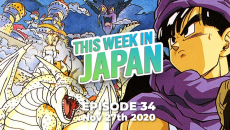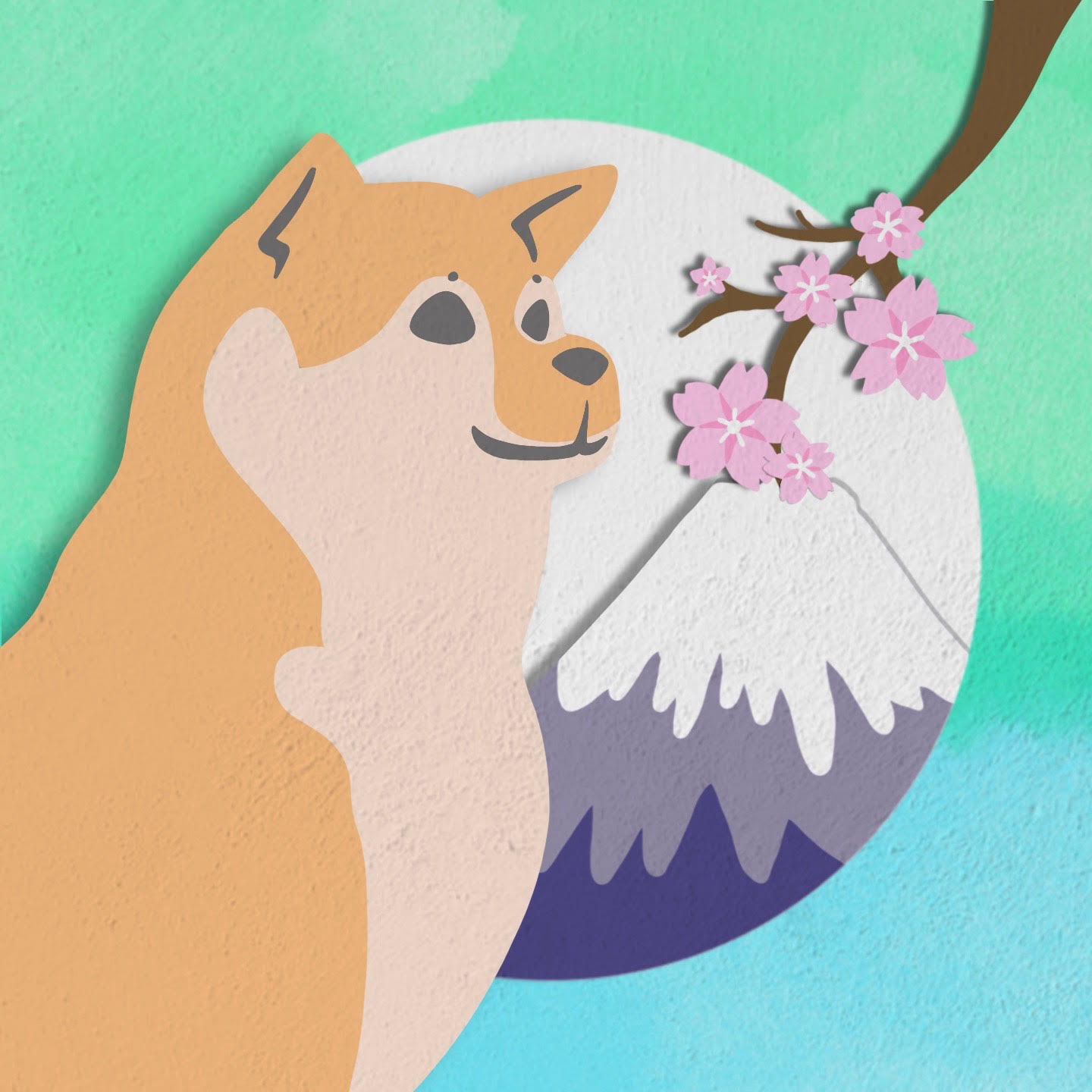Tokyo lifts its curfew for bars, popular Japanese actor arrested for cannabis, and more big news stories!
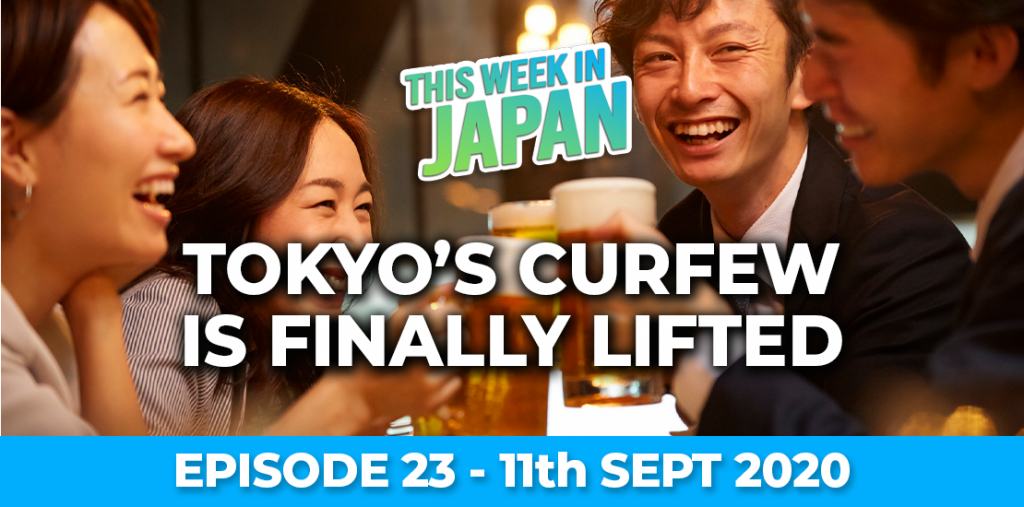
Listen to Our This Week In Japan Podcast here:
Hosts of This Week In Japan

Julian Domanski
Born in England, Julian is a writer, videographer & musician living in Tokyo. When he’s not drinking copious amounts of English Tea, he can be found studying Japanese or trying to master the surprisingly complex basics of the Jiuta Shamisen.
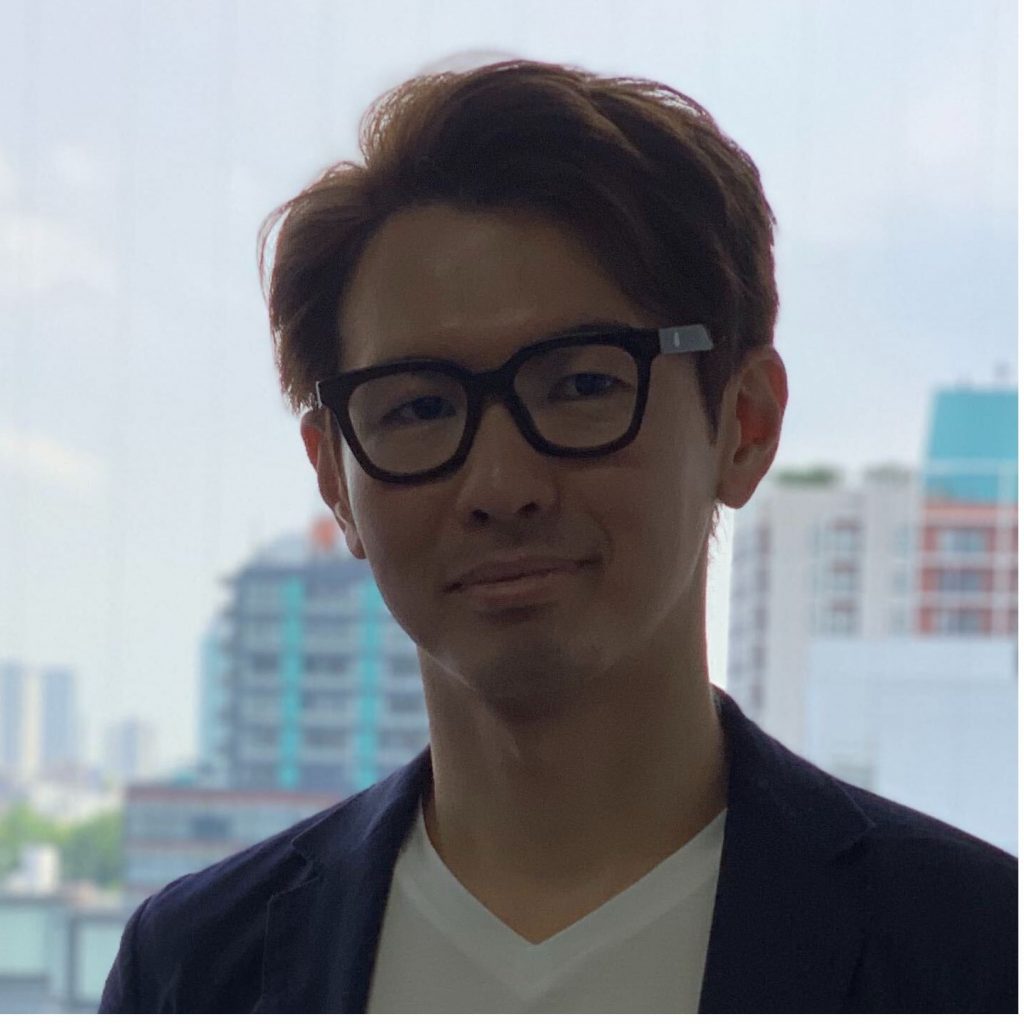
Yasuharu Matsuno
Founder of Japan Insider (Former Ryu Tokyo). Japanese-born entrepreneur. Yasu spent his life around the globe – Japan, Singapore, Switzerland, Australia, and the U.S. He hopes he had more time to play Japanese RPGs. MBA from Columbia University in the City of New York.
Tokyo’s Curfew Lifted for Bars
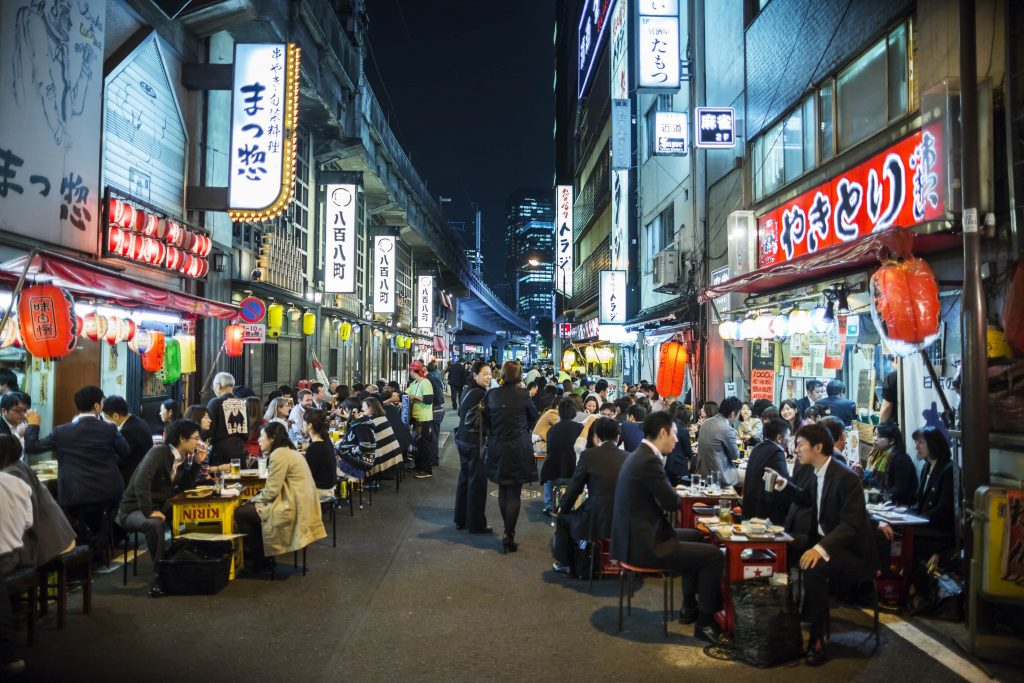
Next week, the Tokyo metropolitan government is expected to lift the curfew, which previously asked establishments that serve alcohol to close by 10 pm. This will include karaoke bars and snack clubs.
Recently, Tokyo has seen a downward trend in the number of new coronavirus cases, and the virus alert was even lowered to level three out of four this Thursday. Level four meant that “infections are spreading.”
This Monday the number of cases dropped down to 77, the lowest number seen since July and the first time to break under 100 in two weeks.
Nevertheless, Tokyo remains the area with the highest concentration of cases by far in Japan, with 22,400 cases reported as of this Thursday. Governor Koike has reminded citizens to remain vigilant of a possible resurgence of cases.
That being said, the central government is looking to include the Tokyo area into its domestic travel subsidiary. The capital city was initially not included to prevent a rapid spread of infections. Still, residents in the area may soon be able to enjoy discounted domestic travel rates from as early as October 1st.
Popular Actor Yusuke Iseya Arrested For Possession of Cannabis
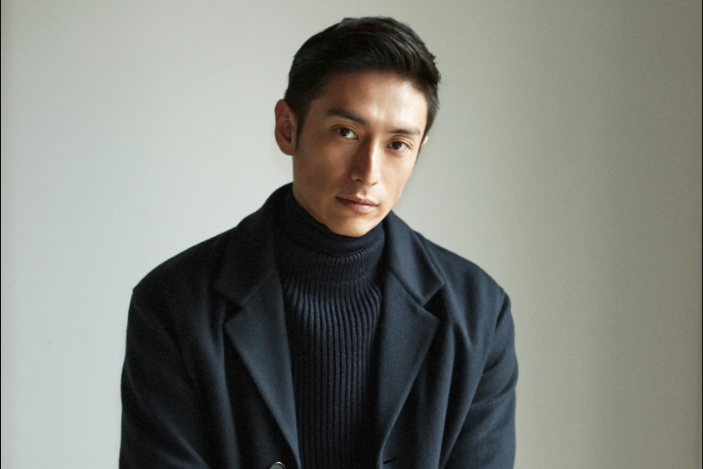
Japanese actor Yusuke Iseya was arrested this Tuesday, September the 8th, for possession of cannabis at his home in Tokyo. He is well known for numerous acting roles, including that of the popular manga swordsman Rurouni Kenshin and the Jotaro Kujo from Jojo’s Bizarre Adventure live-action movie.
The 44-year-old actor has admitted to the charges, saying that the marijuana in his home was for personal use. Iseya was suspected of having around 8 grams of weed in his house, but after police searched, they found four bags of cannabis that totaled over 20 grams. The estimated street value in Japan is around 120,000 yen, or about $1,133.
Iseya admitted to being a frequent user despite clearly understanding Japanese laws. He was quoted telling the police, “I understand that I did violate Japanese laws.” He is expected to face full charges and could be facing a potential fine of over 500 million yen. It would be the highest fee ever paid by an entertainer.
Plane Is Forced To Land When Passenger Refuses To Wear Mask

A Peach Aviation flight out of Hokkaido bound for Kansai was forced to land in Niigata this Monday when a man refused to wear a mask.
All airlines have requested that passengers wear masks to prevent the spread of the COVID-19, and as reported by the Ministry of Land, Infrastructure, Transport, and Tourism, this is the first time that the request to wear a mask has become an issue on a domestic flight in Japan.
According to the airline and other passengers on board, because the man refused to wear a mask, passengers were moved to other seats and the flight departed as normal. After this, however, the man started to become more aggressive and began shouting things like, “it’s unscientific!” and “write it down if you are going to demand it!” in reference to wearing a mask on the plane.
When his shouting continued, the captain decided to make a temporary landing in Niigata. The captain asked the crew to request the man to get off the plane, to which he cooperated. As a result of the unscheduled stop, the plane, which held around 120 passengers, was delayed by over 2 hours.
Japan’s Biggest Year-end Celebration Prepares for No Audience For The First Time
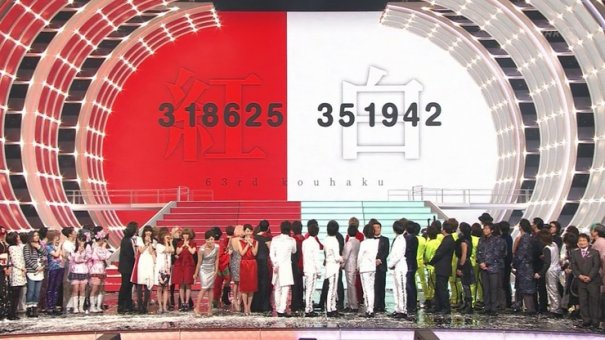
Kohaku Uta Gassen, or more commonly known as simply Kohaku, is an annual New Year’s Eve television special that is broadcast by NHK and airs live on national TV, radio, and some international TV programs simultaneously.
The show splits the most popular music artists of the year into two different teams, with the red team consisting of all female artists and the white team consisting of all male artists. At the end of the program, both the judges and audience vote on which group had the best performance.
For artists, an invitation to participate in Kohaku is considered a milestone in their career due to the large reach of the program, which has been broadcasting annually since 1953.
However, this Thursday, NHK announced that this year’s Kouhaku Uta Gassen would be held without an audience for the first time in history. The television broadcast will also be shortened by 15 minutes compared to other years.
More details about this year’s unique Kohaku are expected to be released closer to the date, but for now, Chairman Maeda has stated that “We will take thorough measures to avoid infection of the performers and staff with coronavirus.”
The Proper Way to Eat Onigiri Sparks Up A Heated Debate Online
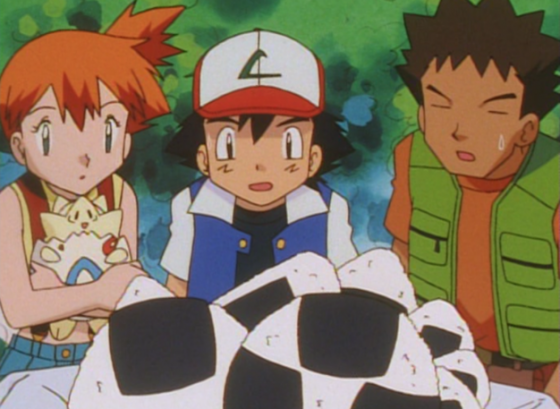
You may think that proper chopstick etiquette should be your biggest worry before having a meal in Japan, but did you ever consider your onigiri manners?
Michiko Honda, an etiquette coach and Vice-Principal of “Infinity Finishing Academy” in Fukuoka City, has shared some rules for eating the iconic rice ball snack that has left even Japanese people debating what is right.
According to Honda, when eating an onigiri, the bitten portion must never be shown, as it is unsightly. Also, when taking a bite, one should keep the onigiri horizontal to their mouth afterward so as not to show the bitten portion. Splitting it half and taking bites is also an option. If rice manages to get on your hands while eating, as it so often does, the natural response may be to lick it off. However, according to Honda, any rice that gets on the hands should be wiped off with a hand towel. Furthermore, any onigiri included in a bento box is assumed to be eaten with chopsticks.
You may want to impress your Japanese friends with your detailed knowledge of how to eat rice balls properly, but the majority of people in Japan do not follow these onigiri etiquette rules. Onigiri is usually seen as casual food that can be eaten on the go if needed. As such, the particular rules introduced by etiquette coach Honda quickly drew up some disagreements online. Some comments included:
“What? It’s going to look a lot worse if the rice ball breaks and falls when you’re trying to halve it.”
“Onigiri is eaten by hand – it’s not designed to be elegant.”
“Next we’ll be told that all rice balls should be eaten with chopsticks instead of hands!”
“Isn’t it still too big to eat in one bite if you halve it?”
“Maybe they should just make rice balls bite-sized to avoid all this confusion.”
Japan does indeed have many food taboos and rules to abide by when dining, but it seems that the onigiri may still hold on to it’s laid back style for some time yet.
Related Articles
This Week in Japan #35 (December 11th)
This week in Japan an unexpected Nintendo item becomes a collectable, Tokyo aims to eliminate gas cars, Demon Slayer wins out over parents, and more big news stories!
This Week in Japan #34 (November 27th)
This week in Japan, the Go-To Travel campaign is suspended, former Nissan Motor chairman Carlos Ghosn’s arrests found “illegal” by U.N. council, and more big news stories!






